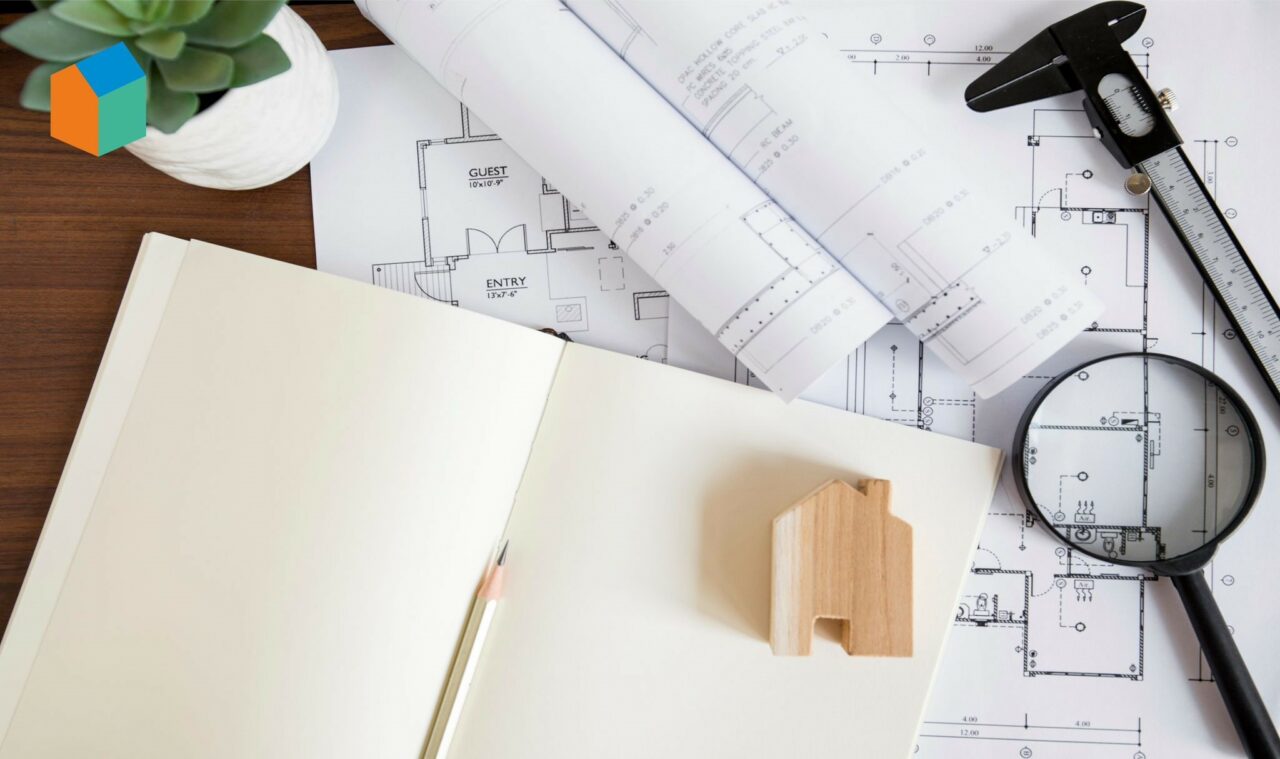Yes we all know, deciding to sell home is a process that can take a long time, but then, having made the decision the desire is always to sell as soon as possible. And it is precisely at this stage that we get caught up in the rush, focusing our attention on the things that seem urgent to us and leaving other fundamental aspects such as those related to checking the documentation of the home itself on the back burner.
Therefore, let's see together what documents are needed to sell a house, both to shorten the time, avoid the red tape, but also to facilitate the approach to this important moment by already having all the necessary information.
Let's quickly run through the necessary documents, which have been covered in other articles on our blog in the past:
- Energy Performance Certificate
Also known by the acronym APE, it is an essential document to have before you start advertising the sale of your home. This certificate, which has a maximum duration of 10 years, provides information on the energy performance of the property and classifies the property in an energy class (there are currently 10) ranging from A4 to G. To obtain this document, if you do not have it or if it has expired, you will have to contact a licensed technician who will draw it up and register it in the records of the Regional Energy Cadastre.
- Deed of provenance of the property
It is the document that attests to who owns a particular piece of property and how it came to be there. It can be, just to give a few examples, a purchase and sale, a legal succession or a donation. These deeds are issued by the notary when a particular property undergoes a transfer of ownership; if this deed has been lost, it is possible to go back to the notary who drew it up or to the notarial archives.
- Mortgage view of the property
It allows you to find out whether any foreclosures, mortgages or injunctions are on a particular property. It is possible to request it from the Internal Revenue Service.
- Historical cadastral survey
This is an indispensable document that provides a history of the various transfers of ownership and cadastral changes that have affected the property over the years.
- Cadastral planimetry
It allows one to know the interior layout of the house for sale. For a purchase or sale to go through without any critical issues, it is essential that such a floor plan accurately represents the state of the property. It can be found at the Land Registry.
- Condominium documents
In the event that the property you intend to sell is part of a condominium, it will also be necessary to obtain the condominium regulations that allow the buyer to know the future constraints. It is also important to find the statement regarding the payment of expenses, to be requested from the administrator, the latter document is intended to reassure the buyer with respect to the regular balance of condominium expenses until the time of sale.
- Documents related to leases
If the property to be sold is leased, the owner must also submit the executed contract so that the buyer knows the duration and thus the future availability of the property.
Let us then move on to the more specific documents, where the work of an engineer appointed by the owner or buyer is necessarily needed, who will verify the property in its entirety as well as conformity. This report will be necessary for the notary to enter into the deed and will guarantee the parties at the notarial deed.
The typical phrase of owners who decide to put a property up for sale is "the house is all right," on the other hand, it is quite common when it comes to making the first checks that the necessary documents are missing. One example is that related to the lack of floor plans, where then in some cases, the inconsistency of the state of the place is highlighted or in others where discrepancies such as increases in volume or the presence of unauthorized artifacts are revealed.
For this reason, there are documents that the technician will have to find that will prove the regularity of the property and its facilities, as stipulated by law.
These documents include:
- the building permit, namely the authorization of the relevant municipality with specific approval to the transformation of the territory in terms of construction and urban planning;
- the certificate of habitability, which is also issued by the relevant municipality and corresponds to the declaration of correctness of compliance with safety and hygiene standards;
- The certificate of conformity of electrical, thermal, plumbing systems according to what is stipulated by law for each.
Each property was built under an authorization called a building permit (Building License, Onerous Building Permit, Building Permit). Urban planning conformity consists of the perfect correspondence between the plan filed with the municipality and the actual state.
For real estate built before 09.01.1967, it is possible to avoid the mention of the title deed by means of an appropriate statement in the deed by the seller.
To verify building or zoning compliance, a licensed engineer must access the records in the municipality and compare them with the actual state.
Discrepancies, i.e., mismatch, can be of 3 types:
Totally unauthorized property: in this case, the property was built without any permit.
Minor interior changes: in other words, nothing more has been built than what was authorized, but the division of interior spaces does not correspond to the actual state. Typically: elimination of an interior part to join living room and kitchen, displacement of rooms, etc.
Alterations with increased volume: for example, closing a balcony with a veranda or building an extra room.
The discrepancies can be many: some can be remedied with a simple SCIA, conversely, others cannot be remedied. But what are the consequences of building abuse?
With the deed, the buyer acquires the property in its legal and factual state; in other words, any abuses or irregularities are also transferred.
The consequences can also be very serious. They range from a criminal complaint with a request for demolition and restoration of the premises as per the permit, to a simple administrative penalty and related SCIA in amnesty.
Let us now turn our attention to another document, which creates much puzzlement: the certificate of fitness or habitability
The certificate of fitness is a document issued by the municipality where the property is located, which certifies the presence of certain hygienic, sanitary and safety standards of the property (e.g. healthiness of the rooms, compliance of the installed systems, static testing of the structure, compliance with respect to overcoming architectural barriers, etc.).
The certificate of fitness must be provided for buildings constructed after 30.06.2003, or for existing buildings for which special construction work has been carried out. Conversely, there is no requirement for construction prior to that date.
Let's remove any doubts right away. A property can be sold even without a certificate of fitness. There is no law that makes the certificate mandatory, but recent case law considers the certificate of fitness to be a greater guarantee for the buyer.
Then recall that for what concerns installations, certification is mandatory for installations created or rebuilt from 2008 onward. For installations between 1990 and 2008, a declaration of compliance is required. For those prior to 1990 normally no documentation is required, and in the deed is included the clause exempting the seller from providing guarantees regarding the conformity of the installations in accordance with DM 37/2008.
Once the technician (surveyor, architect ...) has verified compliance and prepared the report we can proceed with the notarial act.
Our agency will follow you step by step in the sale or purchase of your property by supporting you with a specialized team for every aspect and step of buying and selling.
Call us at 0583-402198 or email us at. info@marcocatelli.it to get information!

